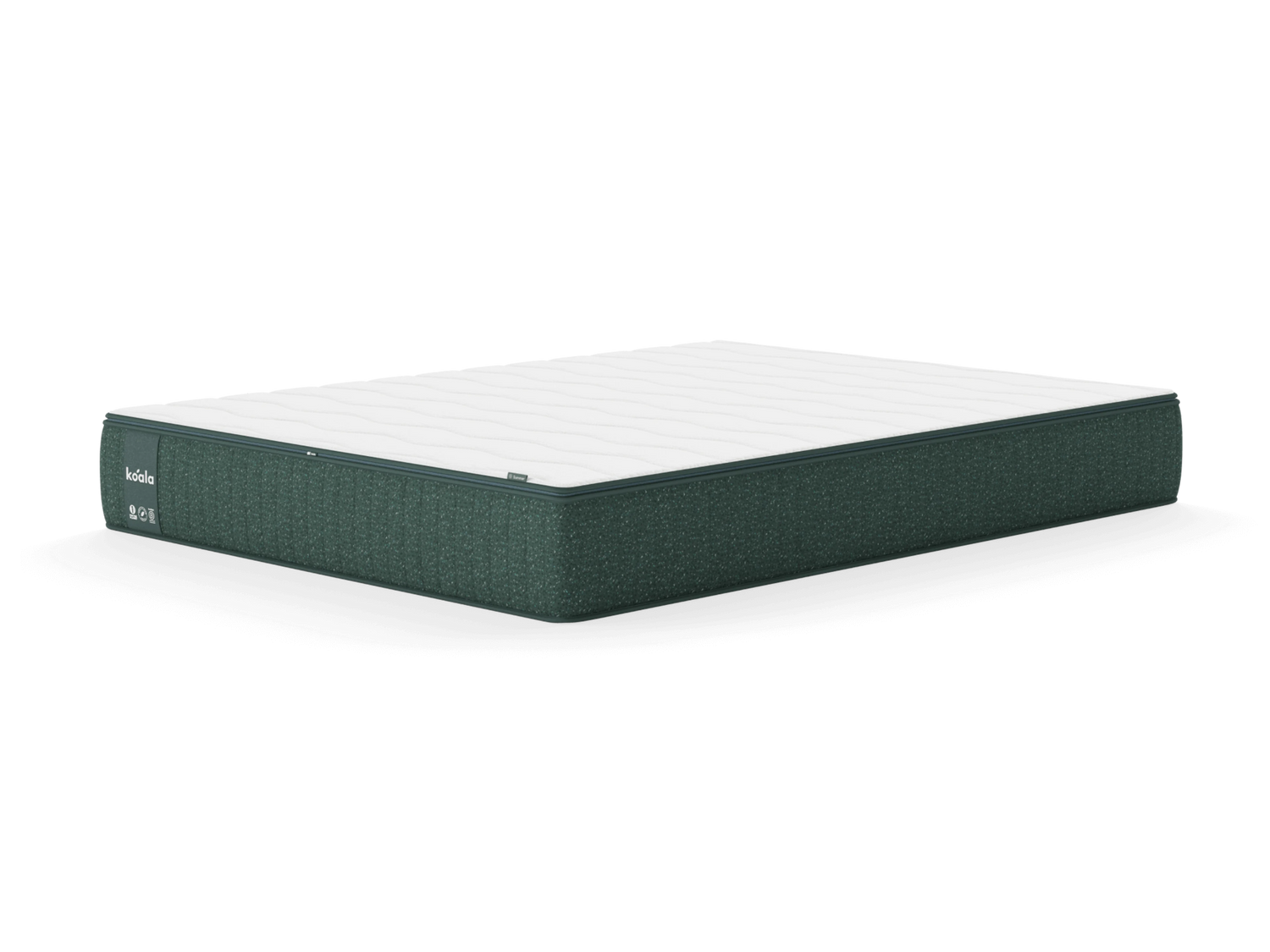
Why does the brain need sleep?
Share
Hopefully, everyone understands that sleep is essential for our bodies. Chronic sleep deprivation greatly increases the risk of many long term health conditions such as blood pressure, cardiovascular disease, obesity, and diabetes. It also increases the risk of anxiety and depression, and other mental health problems.
However, sleep is as essential to our brains as it is to our bodies. Remember how poorly you did on that math test in grade 11 after playing video games all night? That’s not because you hadn’t studied enough, but because sleep deprivation has both short term and long term effects on the brain’s functions. Not just that, lack of sleep affects the brain both on the level of cognitive performance and on the cellular level.
The effect of the lack of sleep on cognitive performance
As Dr Michael Breus, The Sleep Doctor, puts it, “It’s difficult to identify a cognitive skill that isn’t affected by sleep, and compromised by sleep deprivation.”. Sleep affects your ability to focus and improves reaction times (read: you should never drive while sleep deprived!).
Sleep affects your ability to acquire, store and retrieve memories. Sleep affects your decision-making skills and improves your ability to self-control (something that both your relationship and your finances will one day thank you for!). Finally, there are studies confirming that REM sleep boosts our creativity.
How sleep affects your brain cells
In addition to all this, sleep greatly affects your brain on the cellular level. This has been confirmed in several studies over the last years.
During sleep, your brain cells go through a repair process. The authors of a study published in Nature Communications found that there are essential DNA repair processes that take place in the brain while we sleep, reversing the DNA damage that accumulates while we’re awake.
Not too worried about accumulated DNA damage? Well, according to science , sleep deprivation might actually kill your precious brain cells. In the study conducted on mice (whose brain is known to be very similar to ours), mice were put on a schedule of 4-5 hours of sleep per day for several days (a schedule often used by human shift-workers). After only three days of this reduced sleep regimen, each mouse lost 25% of brain cells in part of the brain stem.
Finally, according to a study published in Science, sleep helps your brain detox. The researchers found that during sleep, the usual waste removal process - a process that involves cerebrospinal fluid flowing through the spaces between neurons and flushing waste along the way - happens ten times faster during sleep. The waste products flushed out have been linked to Alzheimer’s and dementia. Want to keep your brain healthy for a long time? Stick to a nightly maintenance schedule.



